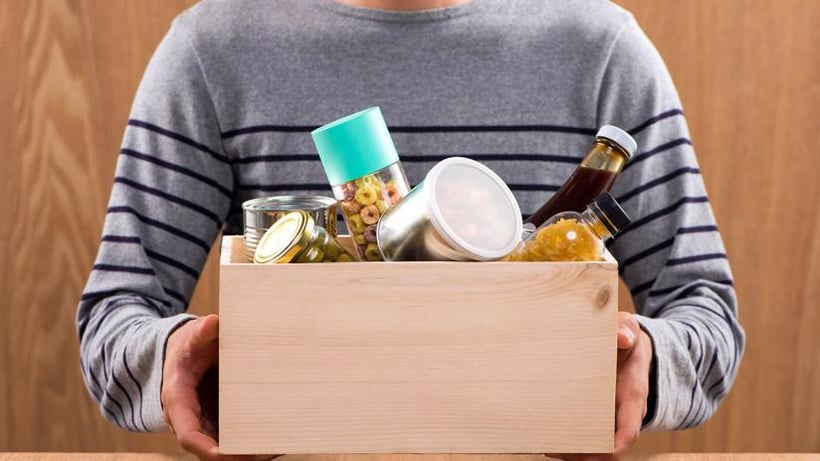
This year’s Food Safety Week theme, “Food safety — be prepared,” aims to help Australians be resilient in the face of natural disasters and major power outages through food safety training. A big way that food businesses can help their communities during these unexpected disasters is to donate food to local charities and food banks.
While donating food helps those in need, it’s still important to prioritise food safety and take steps to ensure that the food being donated is safe to consume. That’s why food businesses should put procedures in place for donating food in their local area well before disaster strikes.
How to prepare for food donations
Find and contact a food charity in your area
Australia has a variety of food rescue charities across the country that accept food donations from restaurants and other food businesses. Find a charity in your local area and reach out to them to better understand their rules and regulations for donating food. Some organisations include OzHarvest, Foodbank, SecondBite and FareShare.
Determine what food items you can donate
Charitable organisations typically have a list of items that they are able to accept as donations. Before donating, be sure to confirm which food items they will accept. Charities and food banks might also have a list of items that are more in demand, so getting in contact with them will give you a better idea of which food items are actually needed.
Pay attention to “use by” and “best before” dates
Food items that are past their “use by” date should never be donated as they may no longer be safe to consume. Items that are past their “best before” date can still be donated, given that the item is not deteriorated, damaged, perished or past its “use by” date.
It may also be helpful to label food being stored with a “serve before” and a “donate before” date so staff can easily determine which food items need to be discarded and which are suitable for donation.
Always prioritise food safety practices
Food businesses have a responsibility to ensure the food they provide is safe to consume, even if the food is not being sold for profit. Following proper food safety practices will help to ensure that the food provided to those in need is safe to eat. This includes:
- washing hands thoroughly before handling food
- storing food in clean, covered, food-grade containers that are properly labelled
- checking for food spoilage before donating
- ensuring raw and cooked foods are separated
- observing proper time and temperature controls
- informing the charity or organisation of steps needed to ensure the ongoing safety of food
Know the laws related to food donation in your area
Australia has laws in place protecting businesses and individuals who choose to donate food. These laws limit the liability of individuals or businesses that donate food, given certain criteria are met. The criteria varies by region, and can include the following requirements:
- The food item is donated for charitable or benevolent purposes
- The intention of donating is that the receiver of the food item does not have to pay for it
- The food is safe for consumption at the time it leaves the possession of the donor
- The donor provides information to the charity for how to keep the donated food safe to eat
- The donor lets the charity know if there is a time limit for when the food is safe for consumption
It’s important to note that these laws vary depending on your state or territory, and can even differ by locale. The laws may also differ slightly in wording and application. Before donating food, be sure to contact your local legislative authorities to confirm the regulations in your area.
This Australian Food Safety Week, ensure your food business has plans in place for donating food in emergencies. Reach out to your local charities and legislative authorities to understand the laws and requirements needed to donate food in your area. Not only will you be helping those in need, these efforts will also help to minimise food waste!
If you are considering starting a food business in Australia, here is what you need to know about food classifications, food licences and food safety requirements.





